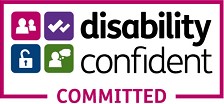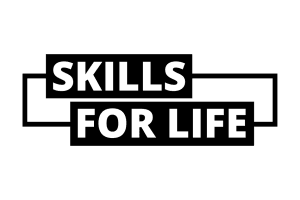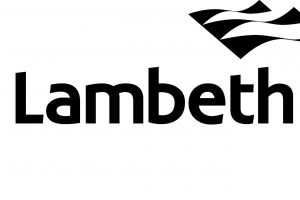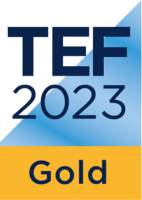Starts: 15 Sep 2025
The Access to Higher Education Diploma is a Level 3 qualification which prepares people without traditional qualifications for study at university in a range of routes in science including: • Science • Pharmacy and Biomedical Sciences • Paramedic Science The qualification gives you the relevant academic subject knowledge needed for higher education study and the opportunity to develop study skills to help you to succeed. You will also develop your practical skills, making use of the state-of-the-art science laboratories at our North Kensington Centre, brand-new for 2022. The qualification is well established and widely accepted by universities, qualifying for UCAS tariff points that are comparable to the tariff points for three A-Levels. The number of Tariff points for the Access to HE Diploma varies between 48 and 144 points, dependent on your grade profile. The Access to HE Diploma (Science) is an ideal course for adults (anyone aged 19+) with a keen interest in the study of science in Higher Education. The course is suitable for students with a wide range of previous educational or career experiences who now wish to pursue further study in science.









